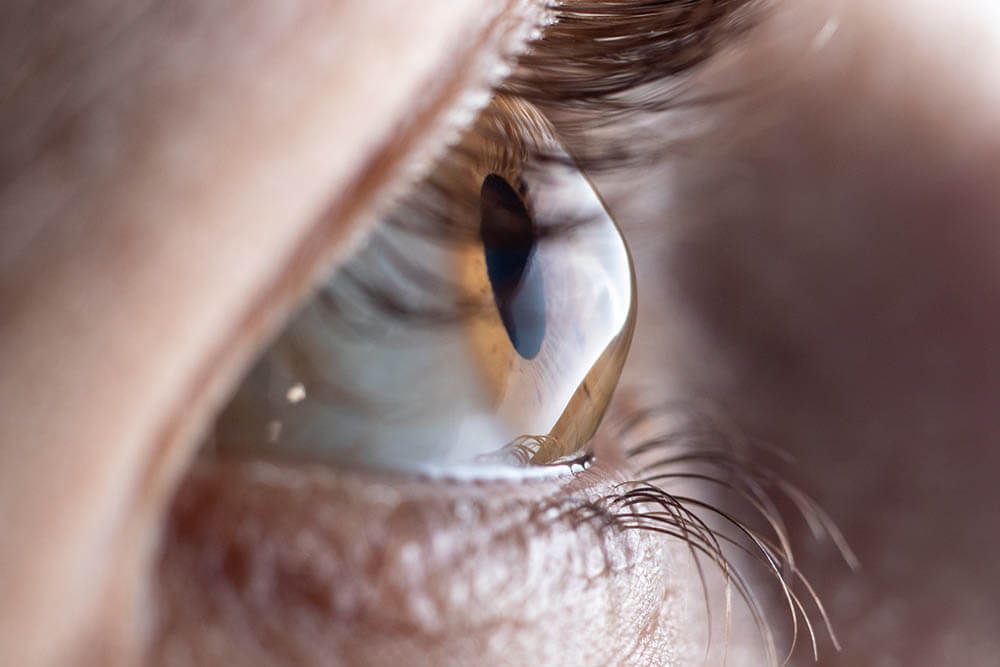Cornea

Cornea
At Sierra Eye Group, our specialists are experts addressing a variety of corneal conditions that can impact vision. These conditions encompass a wide range of issues, from degenerative disorders to traumatic injuries. Our comprehensive approach ensures that each patient receives tailored care to address their specific condition effectively.
Cornea and Vision
The cornea plays an important role in vision by serving as the eye’s outermost layer, responsible for refracting light and enabling clear vision. Understanding its significance is crucial for maintaining optimal eye health and vision clarity.
Common corneal conditions include keratoconus, corneal dystrophies, infections, abrasions, ulcers, erosions, scarring, and degenerations. Management strategies vary:

Symptoms of Corneal Conditions:
Recognizing the symptoms associated with corneal conditions is essential for prompt diagnosis and treatment. Symptoms may vary depending on the underlying condition but commonly include:
- Blurred or distorted vision
- Sensitivity to light (photophobia)
- Redness and irritation
- Pain or discomfort
- Excessive tearing or discharge
Early detection of these symptoms can facilitate timely intervention, preventing further progression and preserving visual function.
Treatment Options
We offer a variety of treatment options tailored to the specific needs of each patient. These options encompass both non-invasive and surgical interventions, aiming to alleviate symptoms, halt disease progression, and restore visual function.
Corneal Crosslinking
Corneal crosslinking is a minimally invasive procedure designed to strengthen the cornea and halt the progression of conditions such as keratoconus. During the procedure, a photosensitizing agent is applied to the cornea, followed by exposure to ultraviolet (UV) light. This process promotes the formation of additional bonds within the corneal tissue, increasing its strength and stability.
Benefits of Corneal Crosslinking:
Corneal crosslinking offers several benefits, including:
- Strengthening of the cornea to prevent further deterioration
- Improvement in visual acuity and reduction in astigmatism
- Potential reduction in the need for additional interventions such as corneal transplantation
By preserving corneal integrity and halting disease progression, corneal crosslinking can significantly improve the long-term prognosis for patients with keratoconus and related conditions.














